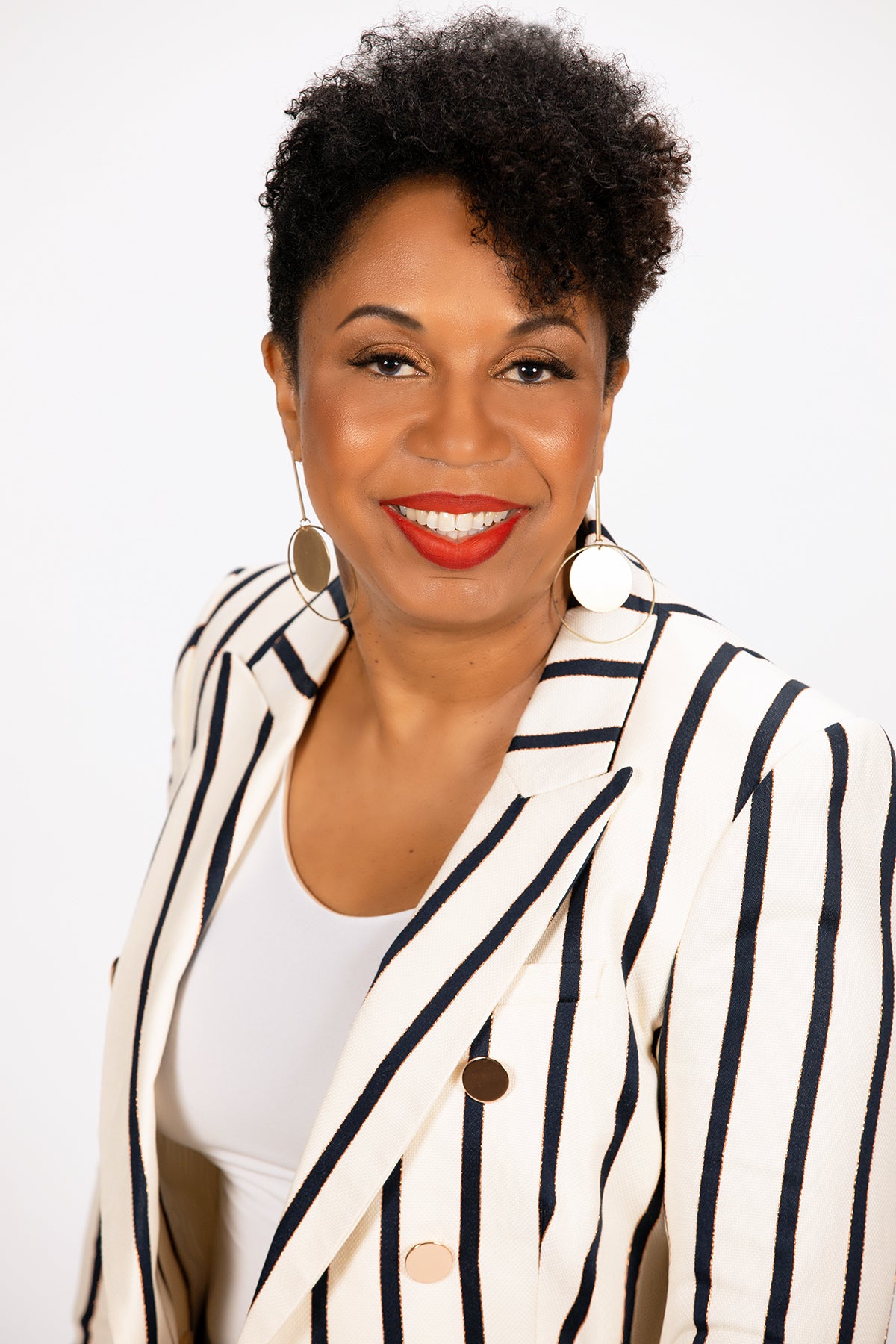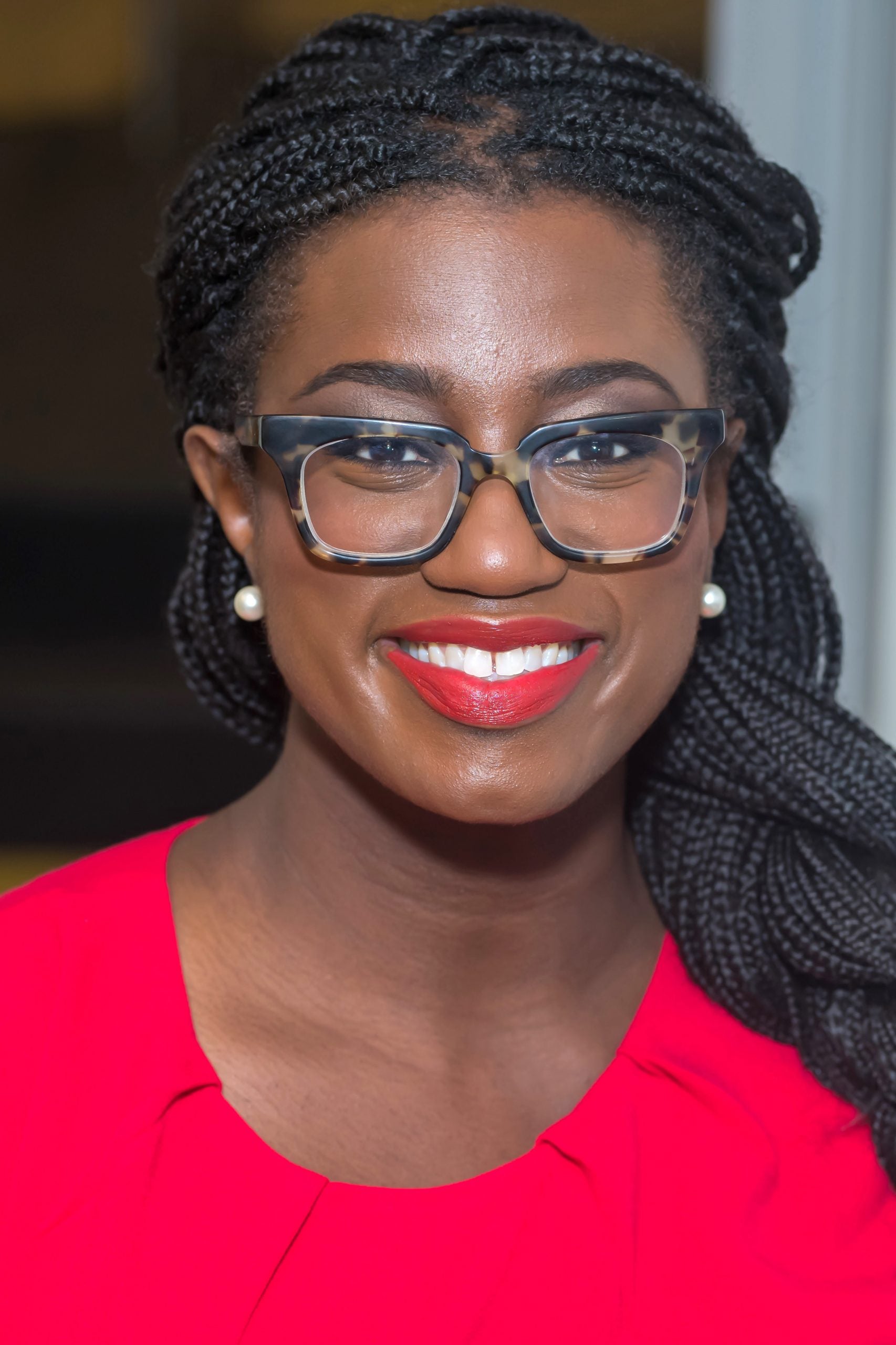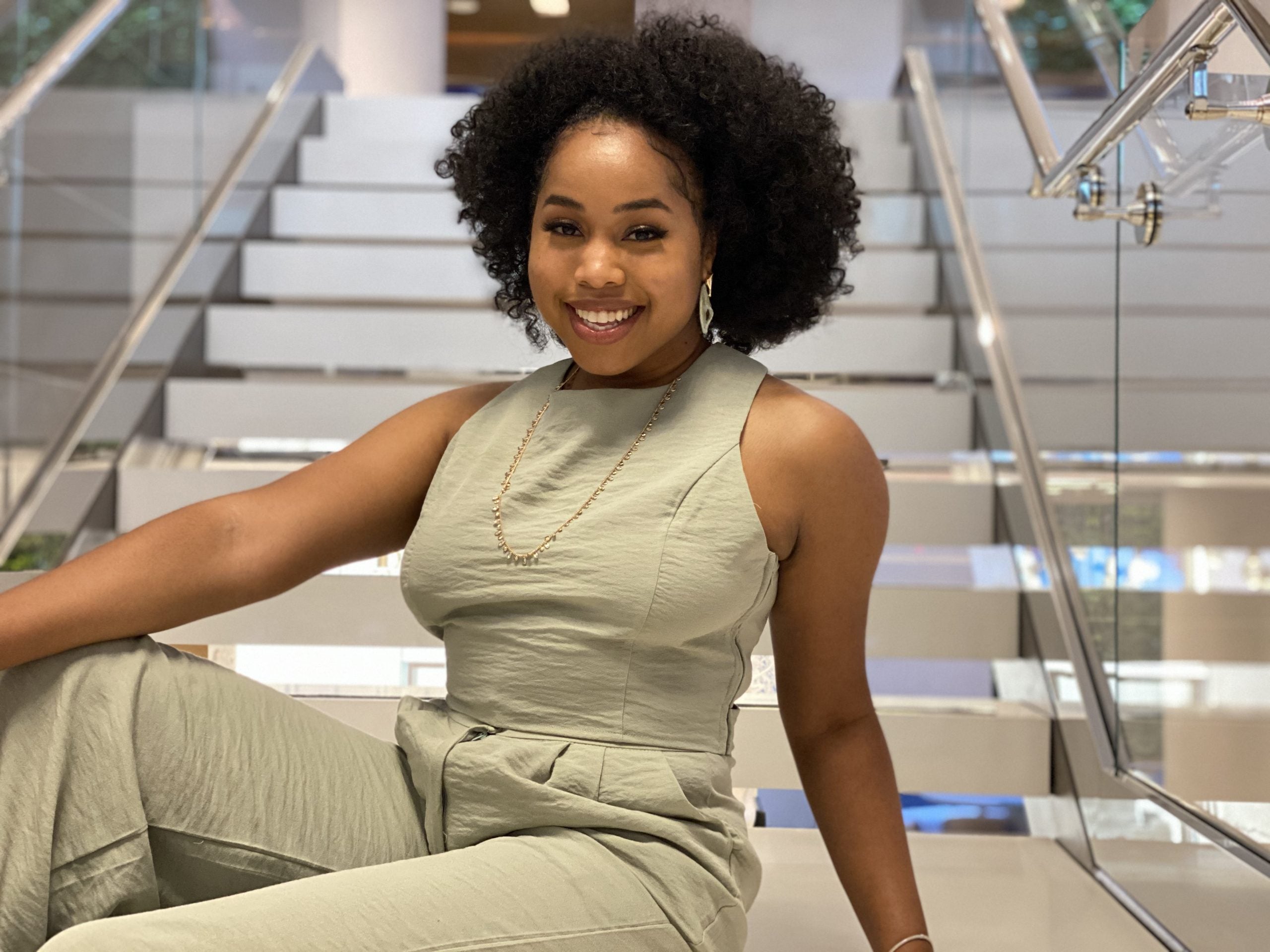
It often takes a village to get a job.
When job boards and cold applications don’t render the results you want, we lean into our networks to help us find leads and referrals. Black women are experiencing a higher percentage of unemployment compared to women of other races, according to the U.S. Bureau of Labor Statistics. The past ten months have created a long and daunting job search that can cause job search fatigue. That’s where talent services and platforms can help alleviate the cumbersome search by matching and placing Black women with job opportunities.
Check out these four agencies and platforms created by Black women committed to helping people find employment.
Sharon Smith-Akinsanya founded People Of Color Careers™ in 2018 to close the unemployment gaps for Black professionals and other professionals of color in the Minnesota region. “It started as a local initiative, but I realized that the entire nation needed a 24-hour, seven-day/week solution to connect Professionals of Color with key decision-makers. The platform kept growing and evolving into an innovative online environment to do just that,” she explained.

Now it has grown a hiring network for professionals of color to apply to current job openings, career advancement opportunities, access career development content and communicate directly with hiring managers and recruiters for free. U.S. Bank, NBA’s Minnesota Timberwolves, Thrivent and RBC Wealth Management are just a few companies finding talent on the network.
Smith-Akinsanya’s tips for job seekers is to choose their next job wisely. “You deserve the dignity of an awesome paying career commensurate with your experience,” she shared. One way to ensure you are picking a job that meets your career needs is by asking the prospective employer the tough questions. “Inquire about their position on diversity, equity, and inclusion. If you’re planning on being with a company for a while, do all you can to get a sense of where they’re aligned,” she said.
Karen Williams came up with the idea for Mintech in 2018 as organizations were acknowledging that their way of finding and hiring minority candidates wasn’t working. She wanted to be a part of the solution. Mintech is Nashville’s only women and minority recruiting startup. Her company has placed tech talent from around the U.S. at companies like Dollar General, Centauri Health Solutions, Possip and Fisk University.

“I felt we would get left behind if we didn’t have true, authentic representation to get us in the new roles that were being created. I wanted to serve as an ally between the company and the tech talent, making sure we were seen, paid properly and thrive in an inclusive environment,” she shared.
As you apply for roles, Williams advises that your resume should help tell the recruiter your story. “Tell them in your words how you were a benefit to your last company and how you will benefit coming aboard their team,” she said. She warns not to take the easy route and copy job duties from a job description, but remember that your resume is the company’s first impression. “Accompany your resume with a digital resume or website to showcase your skills. You want to give yourself the best shot and command top dollar,” she shared.
Offor is a national talent brokerage founded to provide leaders of color access and opportunity to C-suite level roles. Offor has placed more than 90% of their new hires from Asian, Black, and Latinx backgrounds into executive positions at historically white institutions. Offor was founded in 2011 by Ify Walker, the daughter of Nigerian immigrants.

“We lead high-stakes executive searches for CEOs and Chiefs leading revenue generation, strategy, and product. We also help CEOs hone their’ talent voice’ – ultimately defining a talent philosophy that sets the stage for who and how they will hire, promote, and pay people in their organization,” shared Regina Dyer, Senior Talent Advisor. Offor has helped diversify and grow executive talent networks and strategies for Surge Institute, One Goal, /dev/color, Beyond 12, and Citizens of the World Charter Schools.
Dyer’s tip for navigating the job search is to remember that companies are conservative in the pandemic; therefore, look for jobs that align with the employment and skillset you already have. “They are conservative regarding salary, their willingness to train (or not train) someone, and when a new hire can start. Highlight your accomplishments and what you can do for a company now, making sure your communication is easy to understand,” she suggested.
When highlighting our accomplishments, Dyer encourages us to always take credit for your work as a way to advocate for yourself. “While you may not be comfortable owning your accomplishments, it is necessary to showcase your skills and abilities. A hack that I use when advocating for myself is to hold my children in mind and position as if I am advocating on their behalf,” she shared.
HireBlack is a community and platform made by and for Black women with a mission to get 10,000 black women hired, trained and promoted. Niani Tolbert, a tech recruiter, created HireBlack as a way to support the racial and social justice movement. “Black women already face systemic obstacles at getting jobs, and with the job market now more competitive than ever, we are providing support to those who often get overlooked or underpaid,” she shared.








Tolbert reached out to her HR professionals’ network on LinkedIn to donate an hour of their time to review resumes to 19 Black women on Juneteenth. The post sparked more interest than she anticipated, and she was able to coordinate over 300 resume reviews with recruiters and hiring managers at top companies. Now HireBlack is a community of 6,000 people, including a job portal, and works with companies like Conde Nast, Niantic, Spotify, Amazon Devices, Vettery and theSkimm.
“More than a few handfuls of people have shared with me that they were able to increase their salary by at least $20,000. We’ve even had someone who was able to increase their salary by $60,000! I’m trying to get Black women PAID PAID. I want to use collective knowledge and community to close the gender and wealth gap,” she shared.
Like Dyer, Tolbert believes you have to share your wins with the world to be your best advocate. Tolbert suggests documenting your value and the praise you get from others and publicize your achievements. “Take your credit. Why? Because unfortunately, no one is tracking it for you or paying attention to you the way they should. So, be in their face so they won’t forget when it’s time to talk raises and be in their face so that you won’t forget when you’re updating your resume,” she explained.





